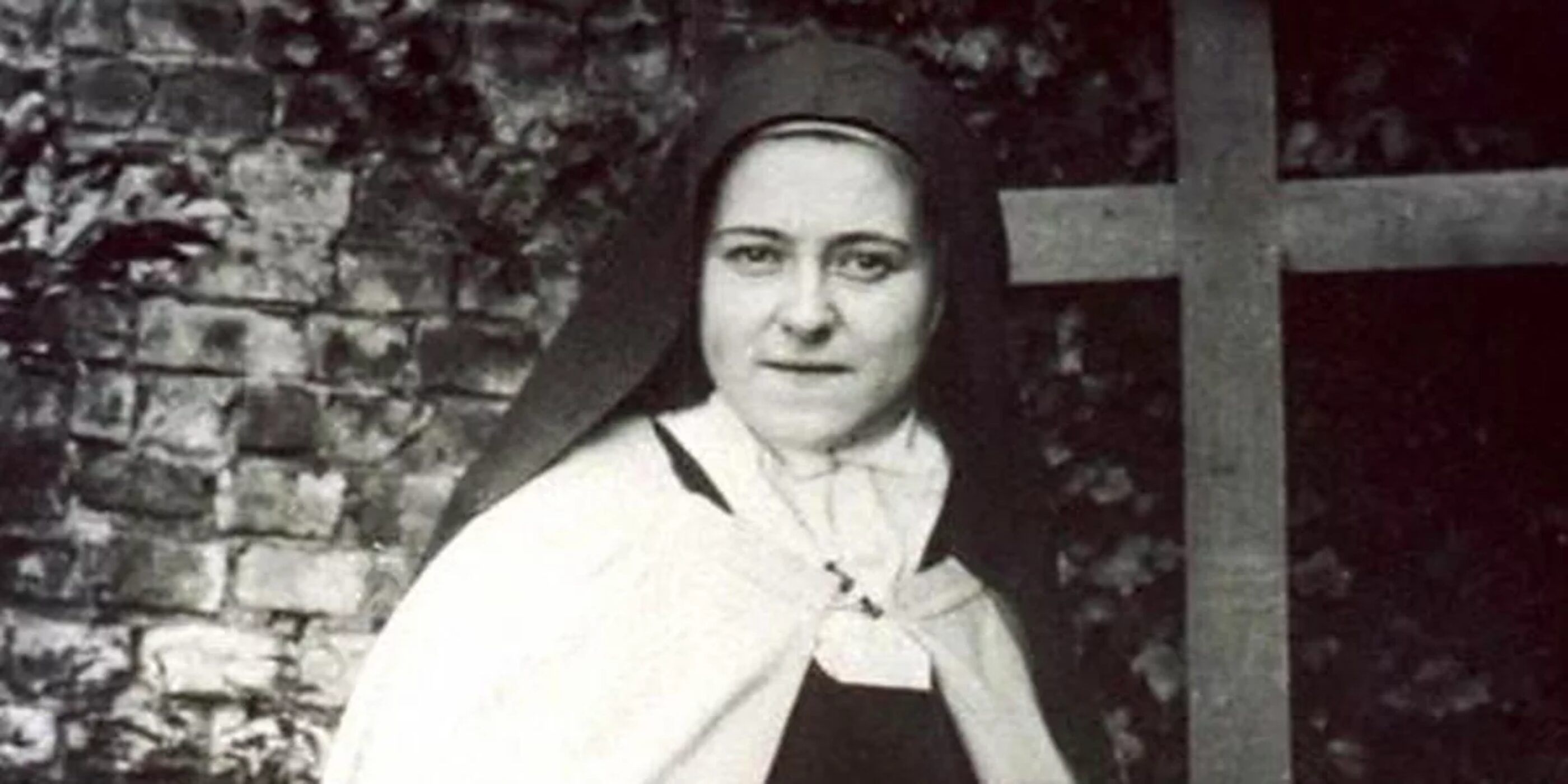By Dr. Anthony Coleman
Director of MAM/MTS Degree Programs
In my household, the feast day of St. Thérèse (October 1st) holds a particular significance. My wife and I, quite deliberately, selected that day on which to be married; thereby making St. Thérèse the patron saint of our marriage and family. One portion of St. Thérèse’s Story of a Soul, in particular, has always resonated with my wife and me. In fact, we placed this text on the last page of our wedding programs.
Charity gave me the key to my vocation…I understood it was love alone that made the Church’s members act, that if love ever became extinct, apostles would not preach the Gospel and martyrs would not shed their blood. I understood that love comprised all vocations, that love was everything, that it embraced all times and places… In one word, that it was eternal (chapter 9)

St. Thérèse was prompted to write this passage based on her meditation of 1 Cor 13:1-13, and it illustrates well why she is truly a Doctor of the Church. St. Thérèse had a great desire to join the ranks of the martyrs of the Church. “Martyrdom was the dream of my youth,” she writes, “and this dream has grown with me within the Carmel’s cloisters.” She also had the ambition to be a Carmelite missionary which, because of her ill health, she was not allowed to fulfill. But reflecting upon St. Paul’s great exhortation to love, St. Thérèse realized that love is the vocation of every Christian; it is the universal vocation. Much like holiness, all Christians are called to live out their particular vocations in love; whether one is called to the married life, or the consecrated religious life, or to some other particular vocation. Further, and this is one St. Thérèse’s great insights, if one lives out perfectly this universal vocation to love, one is embracing all of the particular vocations. In other words, the saint who loves perfectly is, in the realm of love, an apostle, and a prophet, and a martyr, etc. “Thus I shall be everything,” writes the Little Flower, “and thus my dream will be realized.” In a way, the Church has formally endorsed the Little Flower’s theology on this point. For while she never left the confines of the Lisieux Carmel during her religious life, upon her canonization, St. Thérèse was made co-patron – along with St. Francis Xavier – of missionary work. By doing “all the smallest things and doing them through love,” St. Thérèse lived perfectly her, and every, vocation.
And that is the great reminder which St. Thérèse gives to my wife and me as the patroness of our married life: that every particular vocation is lived through the universal vocation to love. And, in knowing this, we should all exclaim with St. Thérèse: “O Jesus, my Love…my vocation, at last I have found it…My vocation is love!"

